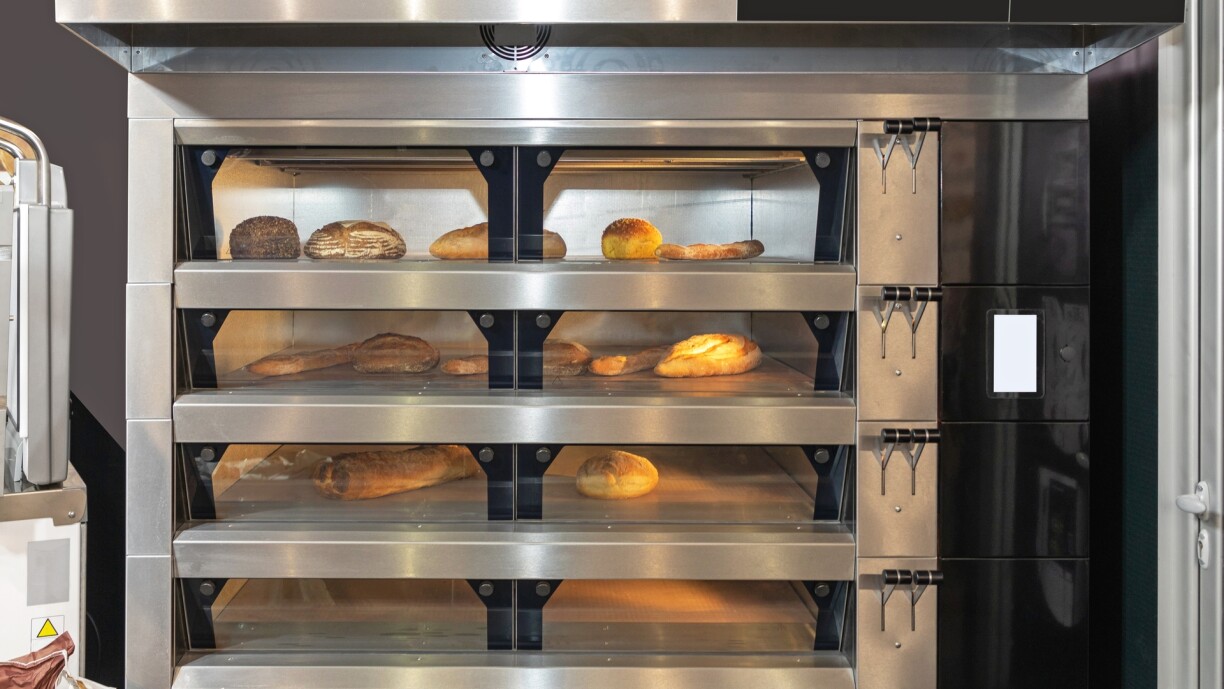
The state financial aid scheme for Luxembourg businesses investing in environmental and climate protection is set to undergo a reform. During a press conference on Tuesday, Minister of the Economy, SME, Energy and Tourism Lex Delles provided clarifications on the proposed reform, which was already submitted to the Chamber of Deputies back in May.
The minister cited businesses switching from gas to hydrogen ovens as an example for transition investments. The various forms of aids are calculated based on the size of the business and the estimated reduction of CO2 emissions. Delles said the EU had opened up more opportunities to provide greater assistance, with eight different aid schemes to become available. Among those is a first-time support for the purchase of hydrogen lorries.
Delles further promised that administrative procedures will be simplified to accelerate businesses’ access to financial support. He also announced that the Ministry is working on a project to help transitioning businesses cover operational costs, noting that hydrogen, for instance, is more expensive than fossil fuels.
The draft bill stipulates a budget of €412 million for the aid scheme.
Panelux annually produces 17,000 tonnes of baked goods for the international market and operates a fleet of 35 lorries for transportation. They have now ordered their first electric lorry, which is a significant investment for them as the vehicle cost 2.5 times more than one with a combustion engine. Here, the government covered 40% of the price difference, amounting to around €90,000. Panelux CEO Patrick Müller explains: “The net price after the aid still amounts to double. So, instead of €380.000, it’s €300.000, but that’s still twice the price of a combustion-engine lorry.”
The transition at Panelux is steadily moving forward. The company has long had photovoltaic panels installed on its rooftops, the electric lorry is expected to be delivered later this year, and one of their five large ovens has been replaced with the help of the state aid scheme. The company now uses a less energy-intensive thermal oil oven heated by a hybrid boiler, capable of running on up to 65% electricity alongside gas. Currently, however, the company does not utilise this option due to the high cost of electricity, which is two to three times more expensive than gas, according to Müller: “But I believe both our government in Luxembourg and the EU understand that this something we need to work on if we want to decarbonise our economies.”
In anticipation of the 2030 deadline to reduce CO2 emissions by 55%, Panelux has already begun preparing for its energy transition. Given the enormous investment needed, we cannot do everything at once, emphasises Müller in conversation with RTL. “That’s why we want to start to gradually gather initial experiences from our drivers and customers to see if everything works as we hoped.”